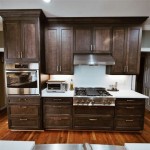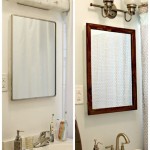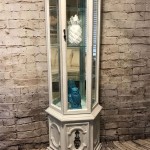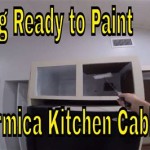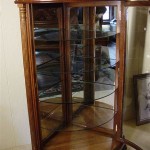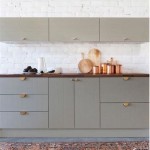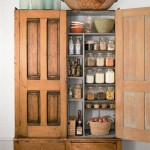The Essential Guide to DIY Recessed Medicine Cabinets
Recessed medicine cabinets are a practical and space-saving addition to any bathroom. They offer ample storage while helping to create a streamlined and clutter-free look. DIY installation is an achievable task for homeowners with basic carpentry skills and a bit of patience. This article will explore the essential aspects of DIY recessed medicine cabinet installation, providing a comprehensive guide that empowers you to complete the project successfully.
Planning and Preparation
Before embarking on the installation process, it's crucial to plan carefully. Determine the optimal location for the cabinet, considering the size of the bathroom and the space available. Once the location is chosen, gather all the necessary materials, including the medicine cabinet, mounting brackets, screws, wall anchors, and a level.
Cutting the Wall Opening
The next step is to cut the opening in the wall to accommodate the medicine cabinet. Use a stud finder to locate the wall studs and mark their positions. The opening should be slightly smaller than the cabinet's exterior dimensions to ensure a snug fit. Use a drywall saw or a reciprocating saw to cut the opening carefully.
Installing the Mounting Brackets
The mounting brackets provide support and stability for the medicine cabinet. Using the manufacturer's instructions, position the brackets inside the wall opening and secure them to the studs using screws. Ensure that the brackets are level and spaced evenly.
Inserting the Cabinet
With the brackets installed, lift the medicine cabinet into the opening. Carefully align the cabinet with the brackets and gently push it into place. Ensure that the cabinet is level and secure it to the brackets using the provided screws.
Finishing Touches
Once the cabinet is installed, caulk the edges to seal any gaps and provide a finished look. Use a color-matched caulk to blend seamlessly with the wall. Allow the caulk to dry completely before adding shelves, drawers, or other accessories to the cabinet.
Additional Tips
- Use a level throughout the installation process to ensure accuracy and prevent misalignment.
- Choose a cabinet with a depth that accommodates your storage needs without protruding too far from the wall.
- If your walls are not drywall, it may be necessary to use different mounting methods, such as toggle bolts or molly bolts.
- Consider installing a light fixture inside the cabinet for enhanced visibility.
- Regularly wipe down the cabinet with a damp cloth to maintain its appearance and prevent moisture damage.
Conclusion
Installing a DIY recessed medicine cabinet requires careful planning, attention to detail, and a bit of elbow grease. By following the steps outlined in this article, you can successfully complete the project and enjoy the benefits of increased storage space and a refined bathroom aesthetic. Remember to always prioritize safety and consult an experienced professional if you encounter any unexpected challenges during the installation process.

How To Turn A Mirror Into Medicine Cabinet Diy Bathroom

Building A Recessed Medicine Cabinet

Diy Niche Shelf Old Bathroom Medicine Cabinet Makeover A Piece Of Rainbow

Diy Bath Remodel Medicine Cabinet

Diy Niche Shelf Old Bathroom Medicine Cabinet Makeover A Piece Of Rainbow

Build A Recessed Storage Cabinet 7 Steps With Pictures Instructables

Diy Medicine Cabinet How To Replace A

How To Turn An Old Medicine Cabinet Into Open Shelving My Uncommon Slice Of Suburbia
How To Make And Install A Medicine Cabinet Queen Bee Of Honey Dos

Diy Niche Shelf Old Bathroom Medicine Cabinet Makeover A Piece Of Rainbow
Related Posts

